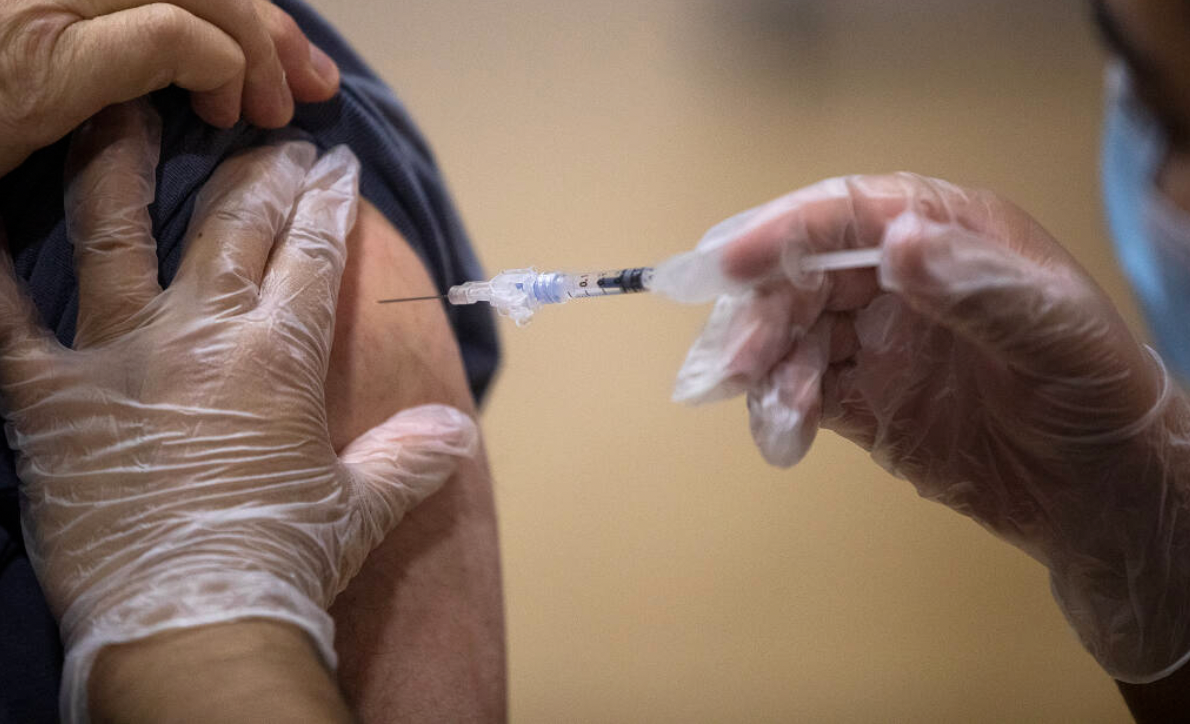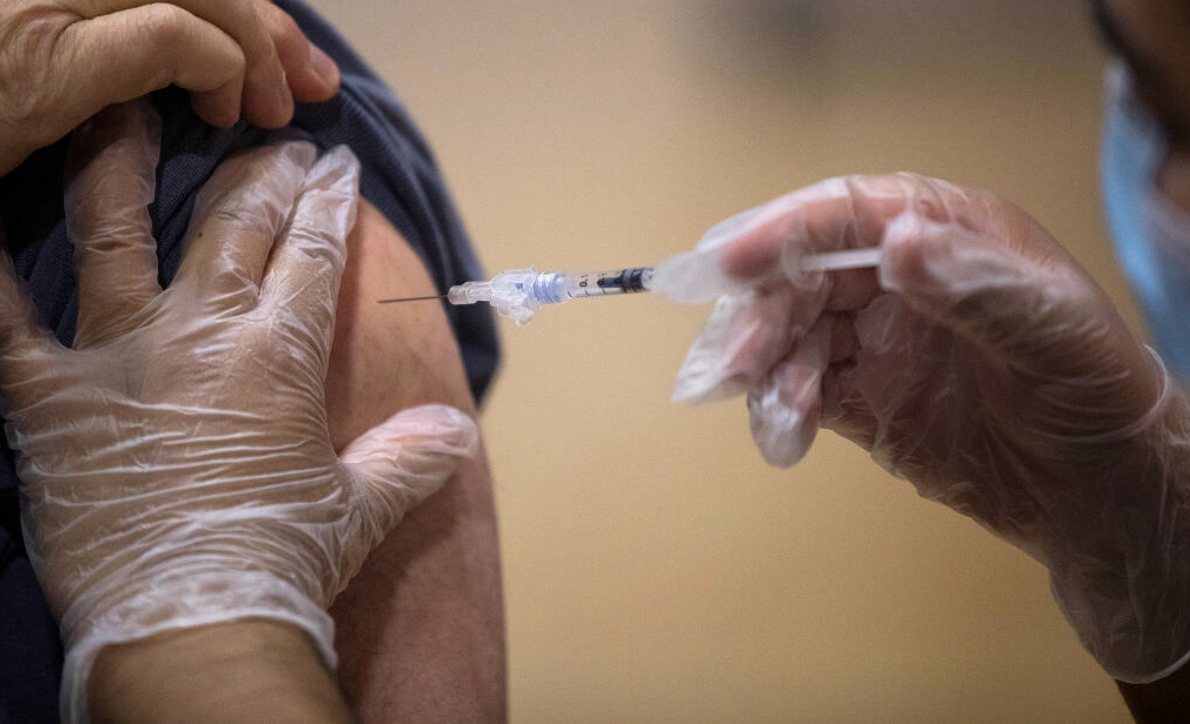The United Kingdom (UK) has been authorized to start the world’s first human trials for COVID-19.
Scientists from the UK are interested to see what the smallest dose of COVID-19 can be to actually affect a person. This will help doctors understand how much of the vaccine will be needed when giving them out.
The study started on February 17, after being approved by the UK government. The trial will be based on volunteers, specifically adults between the ages of 18 to 30; people who are much less likely to be hospitalized or die when infected with the virus.
In a Forbes article by William A. Haseltine, the journalist went into great detail about what exactly the scientists will be looking for while conducting this study: “It’s to establish the smallest amount of virus needed to cause infection, which will give doctors greater understanding of Covid-19 and help support the pandemic response by aiding vaccine and treatment development.”
During the experimental stage of the study, volunteers will be given a dose of the virus that researchers believe to be the smallest dose needed to result in infection. Volunteers will then retire to isolated rooms and will be monitored around the clock. This research will provide health officials and medical professionals with important information regarding how varying exposure levels affect people differently.
While this is much needed research and will provide valuable information, this trial has not gone without criticism.
In a Science News article by Jonathon Lambert, Seema Shah, a bioethicist at Northwestern University Medical School in Chicago, described the unpredictability of the situation by saying, “I think a case could be made that the risks are acceptable for young, healthy volunteers, people might still disagree,” she adds, “especially with the uncertainty about longer term morbidity.”
The ultimate goal for this study is to help neutralize the virus and learn more about the end outcome for later down the line. In learning how different exposure levels infect people differently, researchers will be able to understand how the vaccines can be changed or modified for maximum efficiency. The argument that many people have including prestigious individuals like Shah has is that there are new strains of the virus that are developing that could be stronger and may even be more lethal than the original strands.
When asked how he felt about human COVID-19 trials, Jim Connors, a senior Psychology student here at Sonoma State, said, “I believe that it probably shouldn’t happen, but I do understand it. I understand that COVID-19 is something very real and we need to learn every aspect of it. For myself I just would not want to go under the microscope.”
The details and discoveries from the study have not officially been released to the public yet. The study the UK is doing will provide more data about what exactly we as a world is up against when it comes to COVID-19. Researchers will be more informed about the many different strains of the virus, which strain is stronger and how to combat all of that with the right amount of vaccine dosage.




































